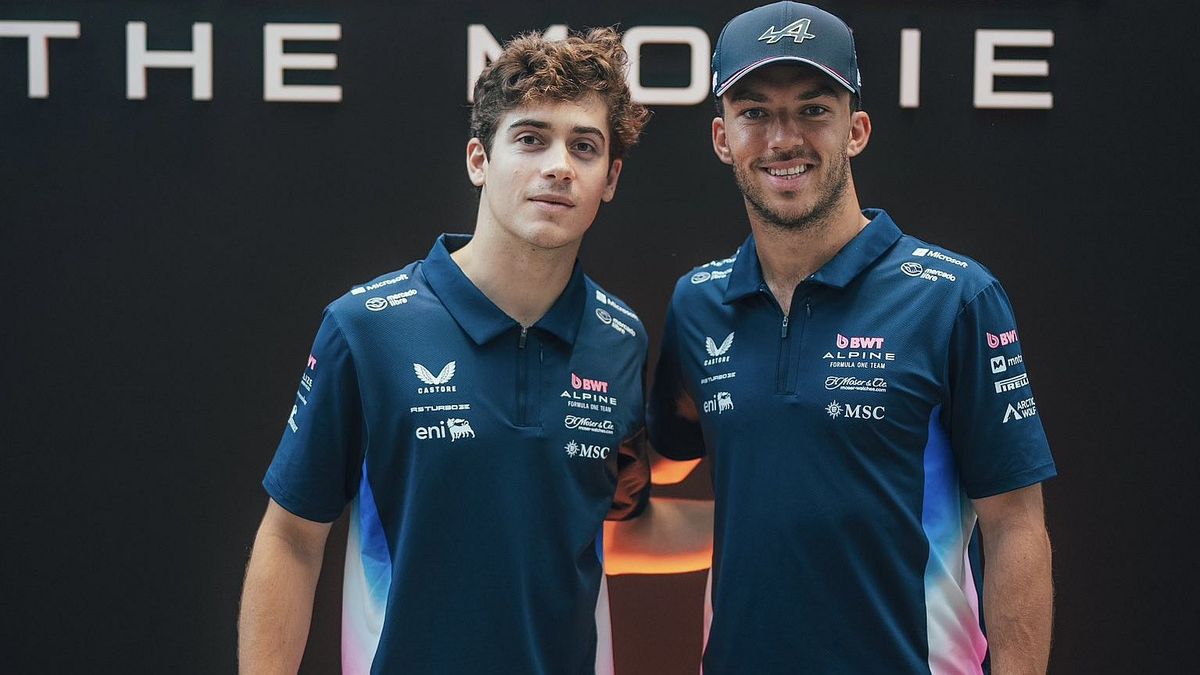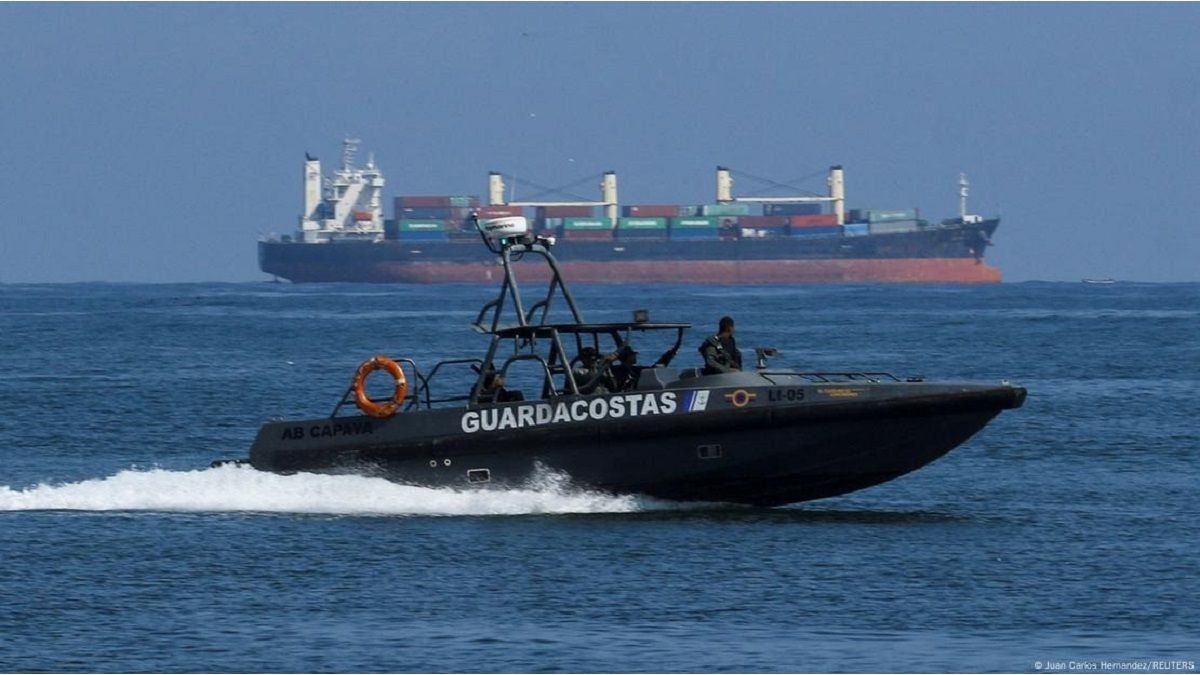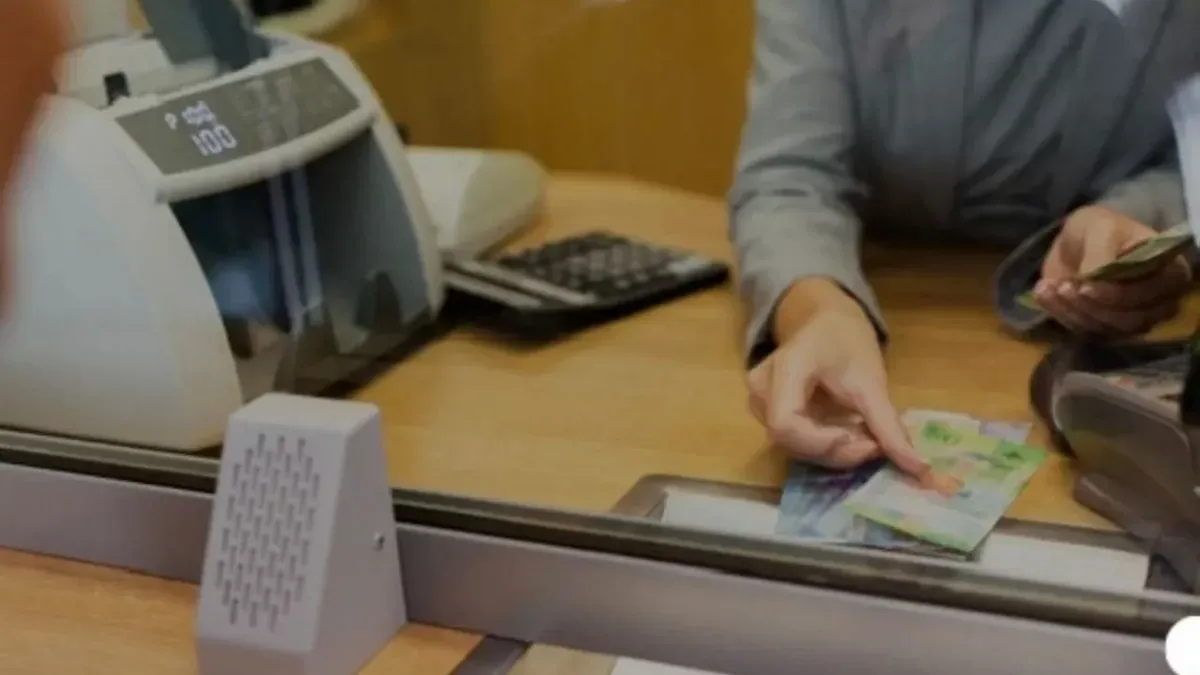I am an author and journalist who has worked in the entertainment industry for over a decade. I currently work as a news editor at a major news website, and my focus is on covering the latest trends in entertainment. I also write occasional pieces for other outlets, and have authored two books about the entertainment industry.
Menu
Samu Haber on returning to “The Voice”: The most difficult thing about the German language
Categories
Most Read
The musical special “An Evening with Dua Lipa” comes to Universal+
October 28, 2025
No Comments
They revealed the date on which Sean “Diddy” Combs could be released from prison
October 28, 2025
No Comments
Actress: “Fawlty Towers” actress Prunella Scales dies
October 28, 2025
No Comments
Michelle Obama reveals: This is how the Obamas date today
October 28, 2025
No Comments
Without Henry Cavill, Netflix premieres the fourth season of “The Witcher” with a new protagonist
October 28, 2025
No Comments
Latest Posts

Franco Colapinto was faster than Pierre Gasly in the Mexican Formula 1 GP: the study that verified it
October 28, 2025
No Comments
October 28, 2025 – 2:12 p.m. Although the Frenchman finished before the Argentine, a report showed that Colapinto had a better race pace despite the

The US announced that it eliminated 14 suspected drug traffickers in attacks on boats in the Pacific
October 28, 2025
No Comments
October 28, 2025 – 1:41 p.m. There are already at least 57 dead in their fight against drug trafficking from Latin America. US forces were

how much they will charge in November 2025 after the last agreement
October 28, 2025
No Comments
October 28, 2025 – 12:32 Bank employees will receive salary increases. This is an increase that accompanies inflation. The bank workers will receive a new
24 Hours Worlds is a comprehensive source of instant world current affairs, offering up-to-the-minute coverage of breaking news and events from around the globe. With a team of experienced journalists and experts on hand 24/7.

